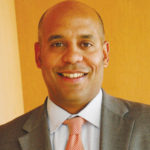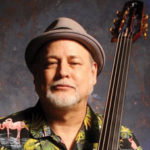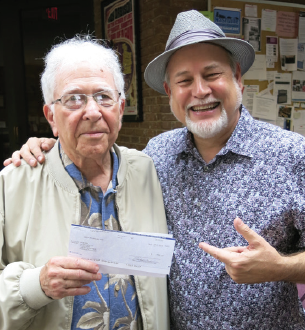
by John Acosta, AFM International Executive Board Member and Local 47 (Los Angeles, CA) President
Diversity within our union cannot be celebrated enough. While our membership runs the gamut in ethnicity, musical genre, age, and gender, the paucity of diversity within many of the workplaces in which we have representational duties continues to impede our effectiveness and growth. While progress has been made within our profession to foster and embrace diversity, an increasingly concerted and deliberate effort is needed to provide a clearer path to increase diversity among officers and members alike.
Last year, the League of American Orchestras, along with partners the Sphinx Organization and the New World Symphony, announced the National Alliance for Audition Support, an initiative that began with a discussion at a Diversity Forum convened by the League and the Andrew W. Mellon Foundation some years back.
Our employer partners recognize the need to diversify the workplace in order to reflect the ever growing and evolving communities they serve. While the AFM embarks on programs of our own, we should also support and engage with our employers on joint initiatives that will help elevate underrepresented communities.
This February, as we celebrate Black History Month and look ahead to our triennial convention, we have a twofold opportunity to highlight diversity within our Federation and help kick off the AFM Diversity Awards application process. The AFM Diversity Awards were created to recognize outstanding examples of diversity that foster underrepresented communities within our organization, such as minority and LGBTQ groups. The awards are also designed to recognize exceptional artists who are actively engaged in underrepresented music genres.
By recognizing these noteworthy individuals, we will help to unlock the transformational potential that has always existed within our union, but is far too often overlooked. A recent Brookings Institute study informs us that new census data confirms the importance of racial minorities as the “primary demographic engine of the nation’s future growth” and that “by 2045, whites will comprise 49.7% of the population in contrast to 24.6% for Hispanics, 13.1% for blacks, 7.9% for Asians, and 3.8% for multiracial populations.”
Our union need only tap into an already diverse membership, a membership that I believe may be a great organizing vehicle. When you look at where our Federation already represents musicians, we are truly a reflection of the current and increasingly diversifying America. From the Grammy Awards to the American Music Awards, from the Tonight Show Starring Jimmy Fallon to the Jimmy Kimmel Live! show, our musicians are already ambassadors from minority communities across America. Our challenge is how to engage and activate our multicultural membership to inspire them to organize the next generation of musicians into our Federation, and ultimately become the future leaders of tomorrow’s AFM.








